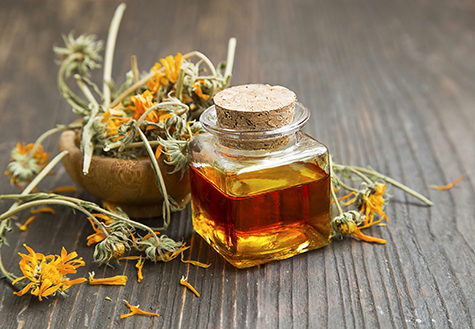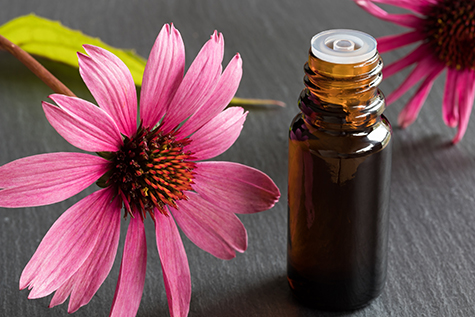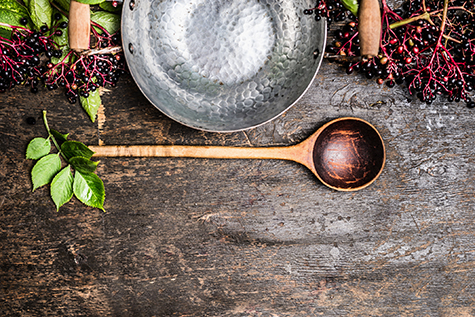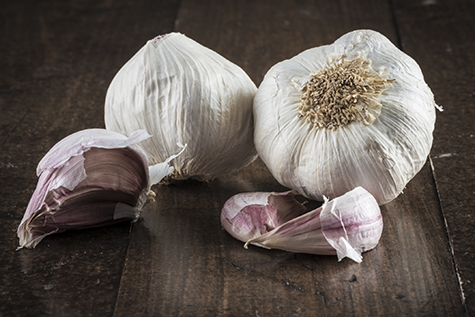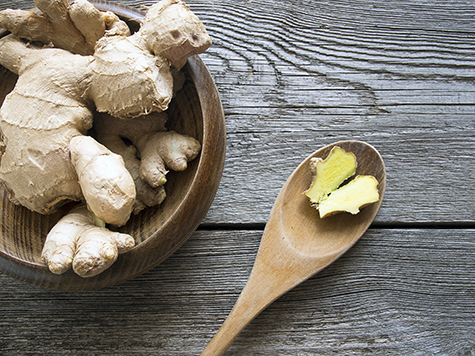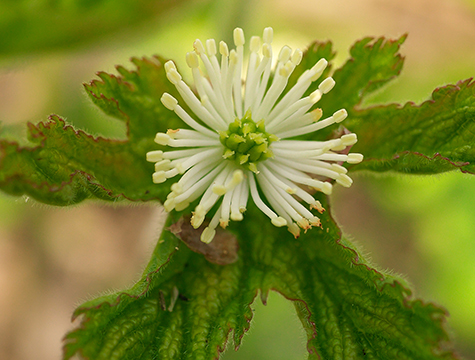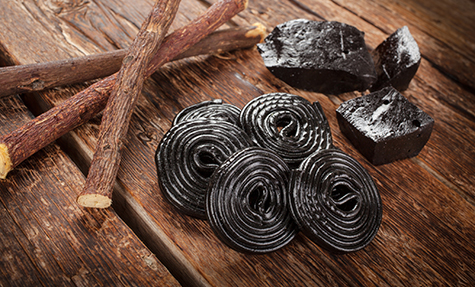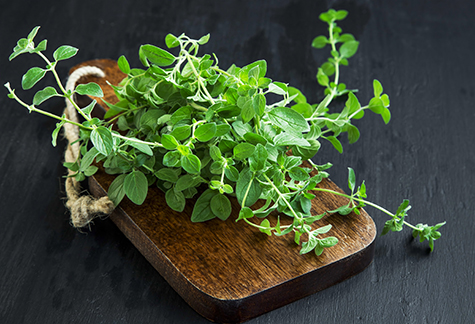Top 10 Anti-Viral Herbs To Curb Colds and Flu

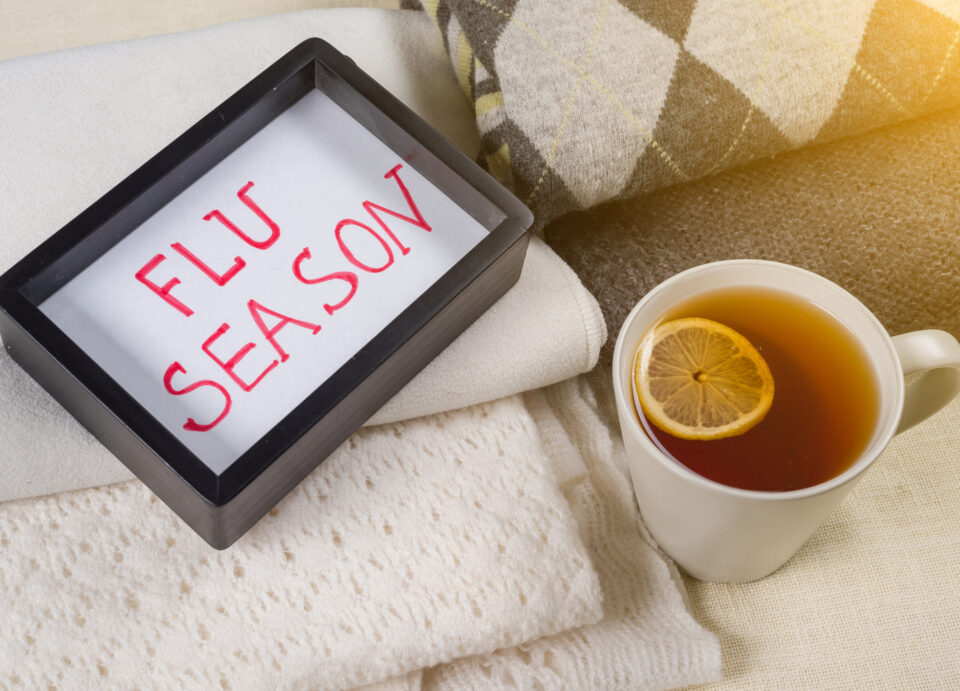
As cold and flu season approaches again, ways to support the immune system are top of mind. Aside from healthy lifestyle habits, there is evidence that some herbal preparations can ward off viruses that commonly occur in winter months.
Important factors for supporting the immune system and avoiding viruses this winter season:
- Exercise regularly
- Focus on sleep
- Manage your stress
- Consume alcohol in moderation
- Wash your hands often
- Eat a balanced diet rich in fruits, vegetables and whole grains
If you have the foundation of these healthy practices down, you may be wondering what else you can do to support your immune system and avoid getting sick. There are supplements known to exhibit anti-viral effects available. Here are the most common options with the some of the best supporting research. Talk to your doctor to see if any of these may be a fit for you given your health goals, current conditions, and medications or other supplements.
 Astragalus:
Astragalus:
Commonly used in Traditional Chinese Medicine, this herb contains potent antiviral compounds. Clinical research shows that it can work against the hepatitis B virus. Other laboratory evidence suggests that astragalus can inhibit herpes simplex-1 virus. It also helps calm the associated inflammation that comes along with a viral infection and it has been shown to generally boost the immune system including natural killer cell activity to ward illness from the start.
Calendula:
The main active components in the marigold plant are antioxidant triterpenoids and flavonoids. In a lab setting, calendula has shown antibacterial, anti-inflammatory, antioxidant, anticancer, and antiviral effects. Interestingly, calendula has even been studied as an inhibitor of the HIV virus. More research is needed in this area but the antioxidants have been shown to fight against viruses in the body. They also calm inflammation and support wound healing.
Echinacea:
This herb has been shown to exhibit antiviral activity against influenza virus, vesicular stomach virus, and herpes simplex viruses. Preliminary research suggests that echinacea might inhibit viruses such as corona, parainfluenza, respiratory syncytial viruses, and metapneumovirus – the ones that cause common illnesses. Some studies show a 5ml extract twice daily for 10 days reduced the duration of a cold to 6 days compared to 9 days with the placebo. There is some evidence that taking echinacea daily may help prevent colds from happening in the first place.
Elderberry:
If you’ve got the flu, elderberry has good evidence that it could help. Antioxidants called anthocyanidins in elderberry likely support the immune system and exhibit anti-inflammatory effects. Elderberry extract has been shown to stop the replication of several strains of influenza viruses A and B and in a lab setting elderberry fruit extract also inhibited H1N1 swine flu by preventing the virus from entering host cells. Ask your doctor is elderberry may be a good secondary treatment if you get diagnosed.
Garlic:
This allium vegetable contains sulfur-containing compounds that act as antioxidants to protect cells in the body from damage as well as ward off bacteria and viruses. Preliminary lab evidence suggests that garlic compounds protect against viruses that cause common ailments including cytomegalovirus, influenza B, herpes simplex virus type 1 and 2, parainfluenza virus type 3, vaccinia virus, vesicular stomatitis virus, and human rhinovirus type 2. Garlic comes in supplement capsules or you can easily increase it in your food – roast it and spread it on bread and add to soups, sauces and salad dressings.
Ginger:
Another anti-viral food you can easily boost in your favorite dishes, ginger not only sooths stomach upset but it fights viruses in the body, too. A powerful antioxidant, antifungal and soother of inflammation, ginger is also an antibacterial that could help ward off more serious complications of being ill with a virus. It has been used in traditional medicine to treat upper respiratory tract infections, cough, and bronchitis.
Goldenseal:
this herb in the buttercup family has been used since ancient times to treat the common cold and other upper respiratory tract infections as well as the accompanying nasal congestion. Goldenseal contains a berberine constituent that exhibits antimicrobial effects. If your cold or flu virus is going to cause a secondary bacterial infection, goldenseal could support you from getting sicker. Keep in mind that goldenseal does have several interactions with common medications so be sure to discuss its safety for you with your doctor.
Licorice root:
skip the sweet candy version and seek a supplement or tea preparations to access the potent anti-viral effects of licorice. Active compounds glycyrrhizin- and glycyrrhizic acid exhibit activity against hepatitis B and C in humans. Glycyrrhizin may also inhibit the growth of the coronavirus, which is associated with severe acute respiratory syndrome (SARS). In the lab setting, licorice has also demonstrated antiviral activity against Epstein-Barr virus, HIV-1, respiratory syncytial virus, arboviruses, vaccinia virus, vesicular stomatitis virus, herpes simplex, and influenza A.
Oregano:
An herb you likely have right now in your garden or kitchen cabinet contains potent antiviral constituents. Aside from adding it liberally to your food for flavoring, it is also found commonly as an essential oil. Oregano oil contains an active antioxidant called carvacrol which protects against the influenza virus H1N1. It is also an antifungal and potent antibacterial. Oregano is commonly used to support intestinal health as well as wound healing.
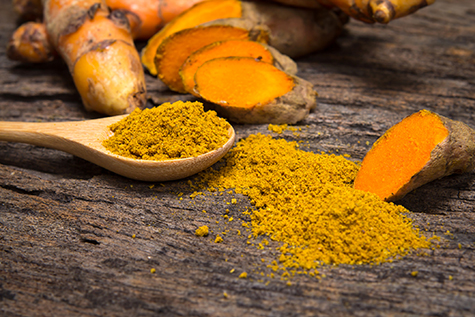 Turmeric:
Turmeric:
this useful herb contains so many benefits for cold and flu season. It acts as a potent anti-microbial, calms inflammation and contains powerful antioxidants shown to support the immune system. It has been used in traditional and folk medicine to treat bronchitis, the common cold, respiratory infections, and fevers associated with colds and the flu. In concentrated doses, it does have many interactions with medications so run it by your doctor before you start using it or stick with food preparations where you can grate the fresh root directly into sauces and recipes for a colorful, flavorful boost.
What kind of antiviral supplements have you tried to avoid illness? Let us know about your experience in the comments!
Resources
Natural Medicines Database. Astragalus. https://naturalmedicines.therapeuticresearch.com/databases/food,-herbs-supplements/professional.aspx?productid=963. Updated 5/10/2018. Accessed 9/29/18.
Natural Medicines Database. Calendula. https://naturalmedicines.therapeuticresearch.com/databases/food,-herbs-supplements/professional.aspx?productid=235. Updated 4/26/2018 . Accessed 9/29/18.
Natural Medicines Database. Echinacea. https://naturalmedicines.therapeuticresearch.com/databases/food,-herbs-supplements/professional.aspx?productid=981. Updated 3/20/2018. Accessed 9/29/18.
Natural Medicines Database. Elderberry. https://naturalmedicines.therapeuticresearch.com/databases/food,-herbs-supplements/professional.aspx?productid=434. Updated 8/2/2018. Accessed 9/29/18.
Natural Medicines Database. Garlic. https://naturalmedicines.therapeuticresearch.com/databases/food,-herbs-supplements/professional.aspx?productid=300. Updated 8/15/2018. Accessed 9/29/18.
Natural Medicines Database. Ginger. https://naturalmedicines.therapeuticresearch.com/databases/food,-herbs-supplements/professional.aspx?productid=961. Updated 8/30/2018. Accessed 9/29/18.
Natural Medicines Database. Goldenseal. https://naturalmedicines.therapeuticresearch.com/databases/food,-herbs-supplements/professional.aspx?productid=943. Updated 8/15/2018. Accessed 9/29/18.
Natural Medicines Database. Licorice. https://naturalmedicines.therapeuticresearch.com/databases/food,-herbs-supplements/professional.aspx?productid=881. Updated 12/14/2017. Accessed 9/29/18.
Natural Medicines Database. Oregano. https://naturalmedicines.therapeuticresearch.com/databases/food,-herbs-supplements/professional.aspx?productid=644. Updated 9/6/2018. Accessed 9/29/18.
Natural Medicines Database. Turmeric. https://naturalmedicines.therapeuticresearch.com/databases/food,-herbs-supplements/professional.aspx?productid=662. Updated 8/16/2018. Accessed 9/29/18.

